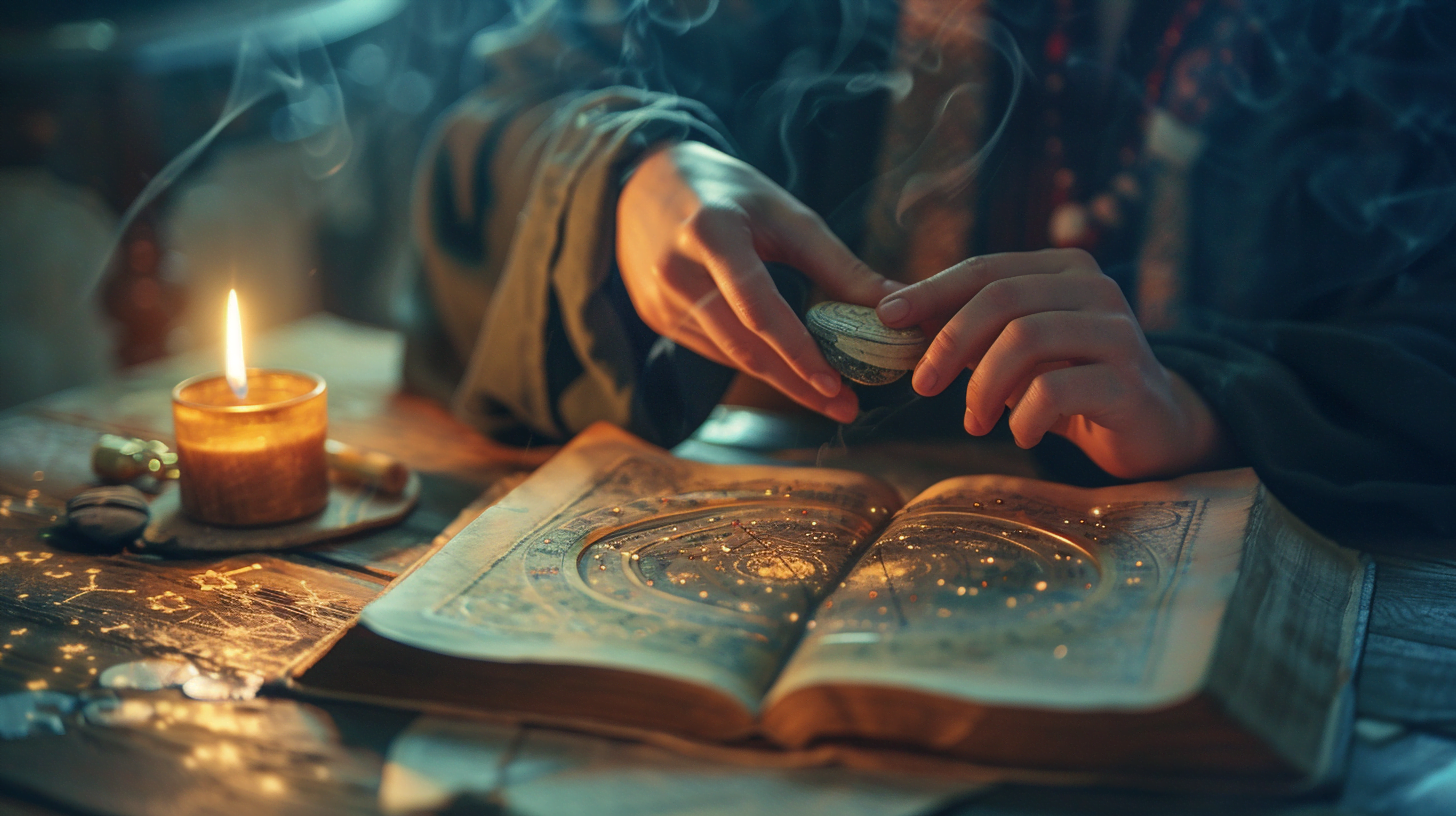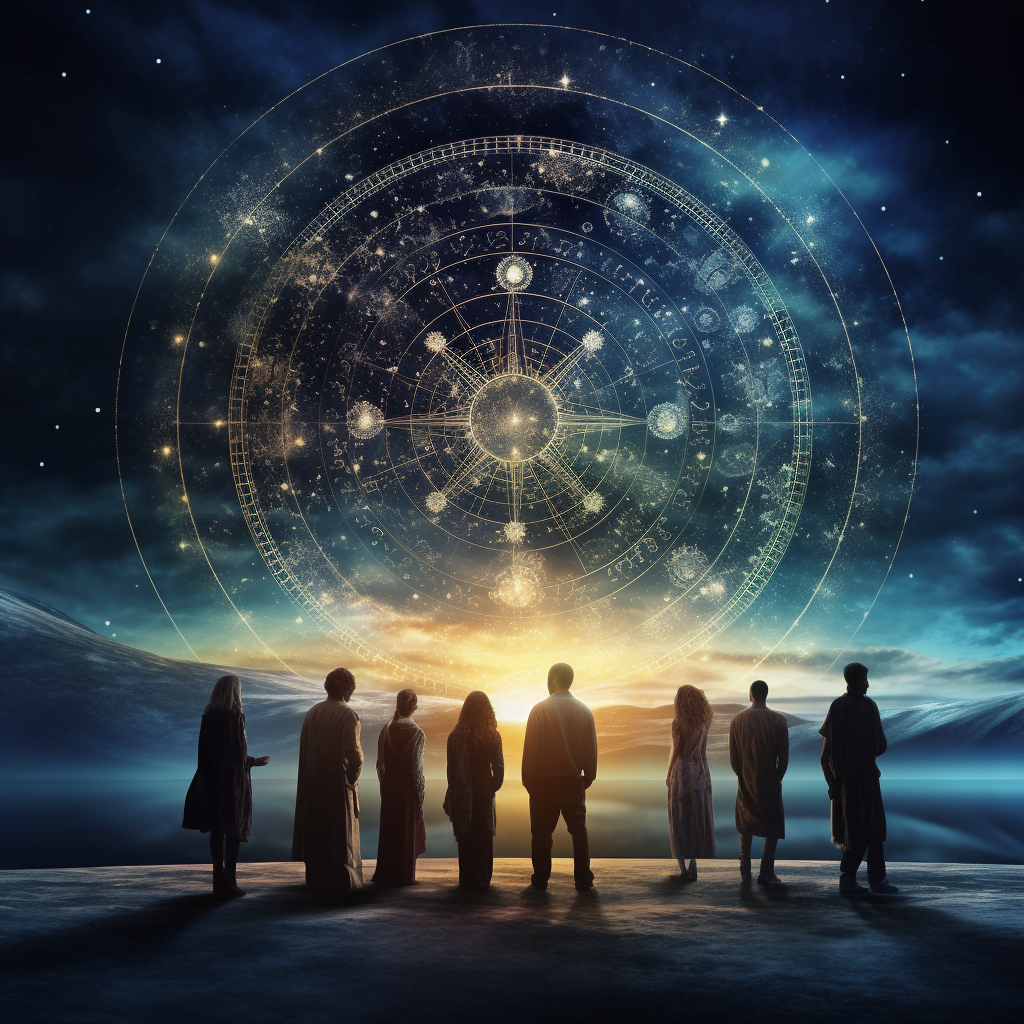Astrology, a fascinating field that has captivated mankind for centuries, has its roots deeply embedded in the ancient world. In this article, I will embark on an exploration into the origins and the inventor of astrology. With a focus on the question of who first conceived the principles of astrology, we will delve into the history and explore the early civilizations that laid the foundation for this celestial art. By unveiling the mysteries surrounding the origins of astrology and shedding light on its enigmatic inventor, we can gain a deeper understanding of the profound impact astrology has had on human culture throughout the ages.
The Origin and Inventor of Astrology
Astrology, the study of celestial objects and their influence on human affairs, has a rich and complex history that spans across cultures and civilizations. The origins of astrology can be traced back to ancient times, where different traditions and belief systems emerged. While it is challenging to pinpoint the exact inventor of astrology, it is believed to have originated in multiple regions and gradually evolved over centuries. In this article, I will delve into the early beginnings of astrology and explore its development in Mesopotamia, Egypt, Greece, India, China, Arabia, and Persia. Furthermore, I will discuss the spread of astrology in Europe, its current state in the modern era, and the controversies and criticisms surrounding this ancient practice.
The Early Beginnings of Astrology
The exact origin and inventor of astrology are shrouded in the mists of time, making it difficult to ascertain a definitive source. However, astrology as we know it today has its roots in ancient civilizations that observed the night sky and sought to understand its significance. These early practitioners of astrology believed that celestial bodies possessed divine powers, and their positions and movements had a direct impact on human affairs.
Ancient Mesopotamian Astrology
One of the earliest known civilizations with a well-documented astrological tradition is ancient Mesopotamia. The people of Mesopotamia, particularly the Babylonians and Assyrians, developed an elaborate system of astrology that influenced later astrological traditions. They believed that the movements of celestial bodies, such as the sun, moon, planets, and stars, were indicative of heavenly messages and had a profound influence on earthly events. The Babylonians developed complex mathematical techniques to track celestial movements and correlate them with human affairs, serving as the foundation for future astrological systems.
Egyptian Astrology
In ancient Egypt, astrology played a vital role in the country’s religion, politics, and daily life. The Egyptians closely observed the positions of celestial bodies and associated them with their deities and pharaohs. They believed that the alignment of stars and planets at the time of a pharaoh’s birth could foretell their destiny and guide their ruling decisions. Egyptian astrology focused on the relationship between the cosmic forces and human destinies, seeking to understand the interconnectedness between the heavens and the terrestrial realm.
Greek Astrology
Greek civilization further developed astrology, building upon the knowledge inherited from Mesopotamia and Egypt. Prominent ancient Greek philosophers, such as Plato and Aristotle, incorporated astrological concepts into their teachings. Astrology was viewed as a tool for understanding the natural world and the human condition. The Greeks introduced the concept of the zodiac, dividing the celestial sphere into twelve equal sections, each named after the constellation it coincided with. This division formed the basis for the twelve zodiac signs still used in contemporary astrology.
Indian Astrology
In ancient India, astrology thrived as part of the Vedic tradition. Vedic astrology, also known as Jyotish, originated from the sacred texts called the Vedas. Indian astrology emphasized the connection between celestial bodies and human destinies, asserting that the positions of planets and stars at the time of a person’s birth shaped their character, career, and overall life path. The ancient Indian astrologers developed detailed charts and calculations to interpret this cosmic influence, and astrological consultations became an integral part of Indian society.
Chinese Astrology
Chinese astrology, with roots in ancient Chinese philosophy and folklore, has a unique approach to astrological interpretation. It revolves around the lunar calendar and the twelve animal signs associated with each year. Chinese astrology combines the positions of celestial bodies with the elements (wood, fire, earth, metal, and water) and the yin-yang principles to predict personality traits, compatibility, and future events. The Chinese zodiac has a significant cultural and social impact, playing a role in matchmaking, marriage, and other traditional customs.
Arabian and Persian Astrology
During the medieval period, astrology flourished in the Islamic world, particularly in the Arabian and Persian regions. Arabic and Persian astrologers translated and expanded upon the astrological texts of ancient Greece and India, incorporating their own cultural and religious beliefs into the practice. Influential figures like Abu Ma’shar and Al-Kindi made substantial contributions to the development of astrology in the Middle East. Arabian and Persian astrology focused on predicting events and interpreting individual horoscopes based on the movements of celestial bodies.
The Spread of Astrology in Europe
Astrology spread to Europe during the Middle Ages through the translation efforts of scholars who had access to the rich Arabic and Persian astrological texts. The medieval European astrologers incorporated various astrological traditions into their practice, blending elements of Mesopotamian, Greek, Arabic, and Persian astrology. Astrology gained popularity among the nobility and the general population alike, with astrological consultations influencing important decisions, such as marriages, travel plans, and political endeavors.
Astrology in the Modern Era
In the modern era, astrology has both retained its vast following and faced significant criticism. Despite the advancements in astronomy and the scientific method, astrology continues to captivate individuals seeking personal guidance and insights. Professional astrologers provide horoscope readings, birth chart analysis, and compatibility assessments, catering to those who adhere to astrological beliefs. On the other hand, skeptics argue that astrology lacks scientific evidence and rests upon subjective interpretations. Scientists view astrology as a pseudoscience, emphasizing the importance of empirical evidence and reproducibility in understanding the natural world.
Controversies and Criticisms of Astrology
Astrology has long been a subject of scrutiny and criticism throughout history. Skeptics argue that there is no scientific basis for astrology and that the correlation between celestial movements and human destinies is merely coincidental. They highlight the Barnum effect, where broad and generalized statements in horoscopes can be interpreted to fit any individual’s experiences. Furthermore, critics challenge the notion of astrology’s deterministic nature, believing that free will and personal choices play a more significant role in shaping one’s life than celestial influences.
In conclusion, the inventor of astrology remains elusive, as this intricate discipline emerged independently in various ancient civilizations. From Mesopotamia and Egypt to Greece, India, China, Arabia, and Persia, astrology developed and evolved, each culture contributing its unique perspectives and interpretations. Despite its controversies and criticisms, astrology continues to captivate individuals seeking guidance and insight into their lives. Whether viewed as a celestial guide or a pseudoscience, astrology has undeniably left an indelible mark on human history and remains an intriguing subject of study in contemporary society.


